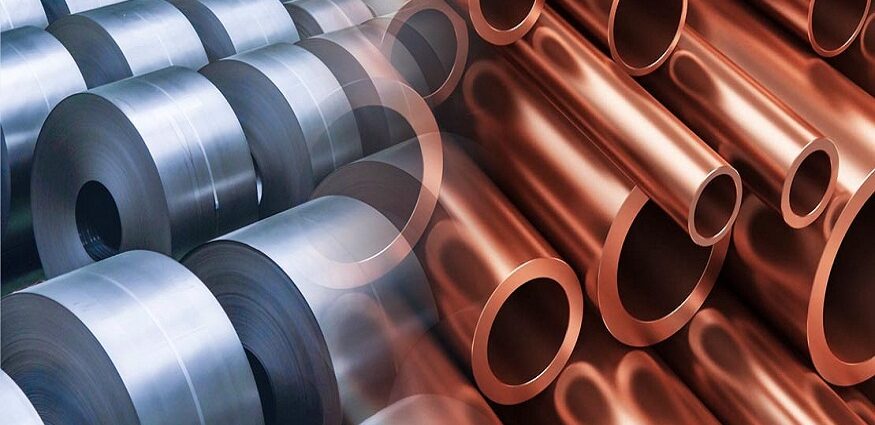Recycling base metals is essential to advancing environmental sustainability and minimising the ecological impact of industrial activity. It helps mitigate environmental effects by minimising waste, saving resources, and cutting down on energy use. This essay will examine the advantages of base metal recycling for the environment and how it helps create a more sustainable future.
1. Preservation of Resources
Resource conservation is one of the main environmental advantages of base metal recycling. By recycling metals like copper, aluminium, and steel, we can preserve limited natural resources, lessening the demand for fresh mining and extraction. This reduces the negative effects of resource extraction on the environment, avoids habitat destruction, and safeguards ecosystems.
2. Conserving Energy
Recycling base metals uses a lot less energy than extracting metals from fresh ore. Recycling aluminium, for instance, may save up to 95% of the energy used in initial manufacture, whilst recycling steel can save about 60%. We lessen greenhouse gas emissions and energy consumption by using recycled metals rather than making them from scratch, which helps mitigate climate change and air pollution.
3. Lowering Emissions of Greenhouse Gases
One of the main causes of greenhouse gas emissions that contribute to climate change and global warming is the extraction of metals from virgin ore. By lowering the energy intensity of metal production, base metal recycling contributes to the reduction of these emissions. For instance, recycling aluminium results in fewer greenhouse gas emissions than using primary production techniques.
4. Reduction of Waste
Recycling base metals also reduces trash and lessens the load on landfills. By diverting scrap metal from disposal sites, we can stop valuable resources from going to waste and encourage a circular economy—one in which items are reused and repurposed rather than thrown away after use. As a result, less landfill area is required, and pollution to the environment is decreased.
5. Conservation of Ecosystems
Water pollution, soil erosion, and habitat destruction are just a few of the negative effects that mining and extraction operations may have on ecosystems. By decreasing the need for new mining and the environmental impact of metal production, base metal recycling contributes to the conservation of natural ecosystems and biodiversity. This supports the preservation of healthy ecosystems and the protection of biodiversity.
6. Encouragement of Ecological Production and Consumption
By extending the useful life of materials and reducing waste output, base metal recycling encourages sustainable patterns of production and consumption. By completing the loop and recycling metals in new products, we decrease the environmental effect of production processes and lessen the need for virgin resources. This is in favour of the shift to a circular economy, which minimises waste and uses resources more effectively.
Conclusion
Recycling base metals helps the environment tremendously by preserving resources, cutting down on energy use, cutting waste, and safeguarding ecosystems. Base metal recycling is essential for tackling environmental issues like pollution, resource depletion, and climate change since it promotes sustainability and the ideas of the circular economy. It is imperative to embrace and promote base metal recycling in order to create a future that is more robust and sustainable for future generations.

